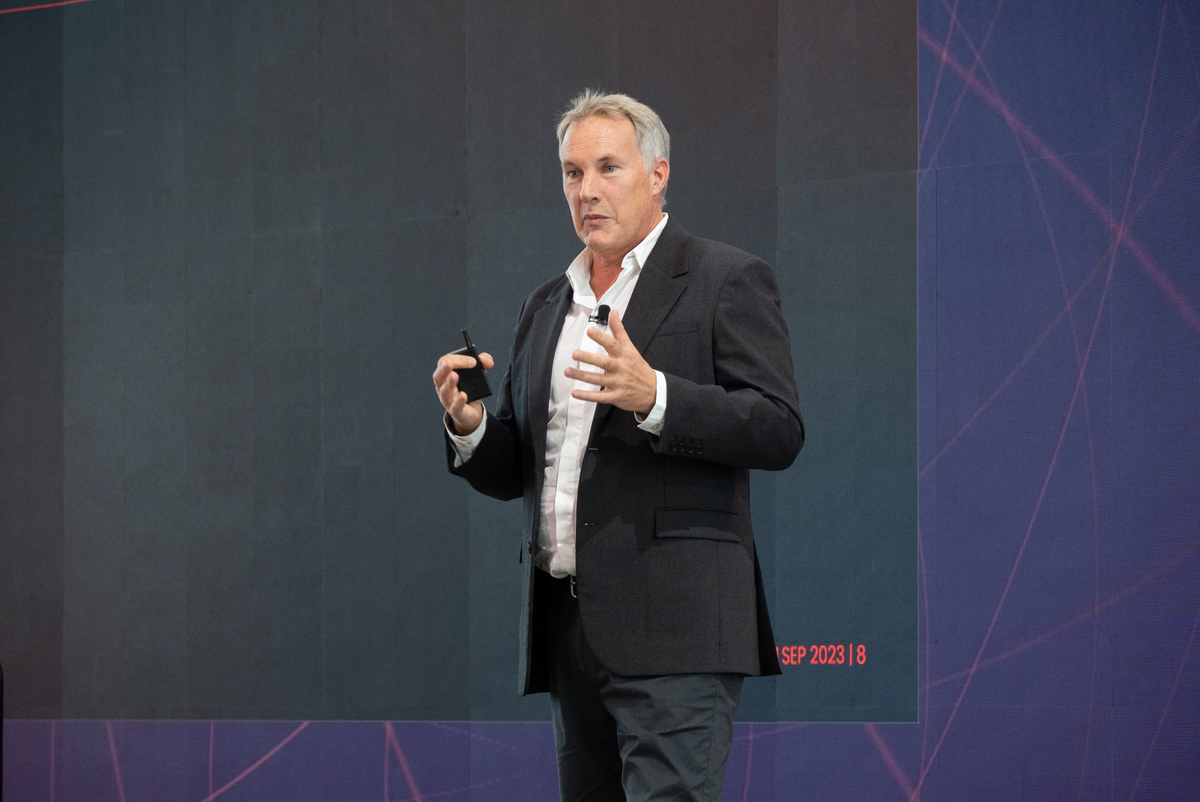Skift Take
Hostelworld CEO Gary Morrison is ringing in the evolution of the hostel dweller. More solo travelers look for friends with chat tools, and bunking up can bring carbon emissions down.
For 25 years, Hostelworld has stood apart from other online travel agencies by connecting travelers with hostels. In 2022, it became the first agency to offer a chat tool that lets guests talk before staying at the same hostel. Earlier this month, the Dublin-based company reported its annual results.
Skift checked in with Hostelworld CEO Gary Morrison to get an update on the company. Here are some highlights:
Hostelworld achieved an operating profit in 2023, recovering from pandemic losses. Its app social features have been popular, being used by about 80% of bookers, and are driving growth in reservations. That news will catch the eyes of other players in the online travel sector looking at how to boost engagement with users. Hostelworld is focusing on sustainability through a new partnership with hostels.The interview with Morrison has been condensed for clarity and brevity.
And, for those planning a hostel trip, yes, there is a chance Morrison could be your bunkmate. He stays in hostels, too.
Greater Net Revenue Despite Lower Average Booking ValueSkift: Hostelworld’s annual report indicates net revenue grew, but the average booking value decreased in 2023. What’s the deal?
Most of the revenue growth has been powered by net bookings. They were up 37% actually. So net revenue’s up 34% (and) net bookings (are) up 37%. And the (average booking value)... that actually went down by 4%.
But if you then just scratch below the surface, what we see is there was bed price inflation again, but it was more than overcompensated (for) by a geographic mix, which is many, many more bookings in Asia: two and a half times. It's the highest number of Asian bookings we've ever had. North Asia was up four times. Oceania was up double. You
